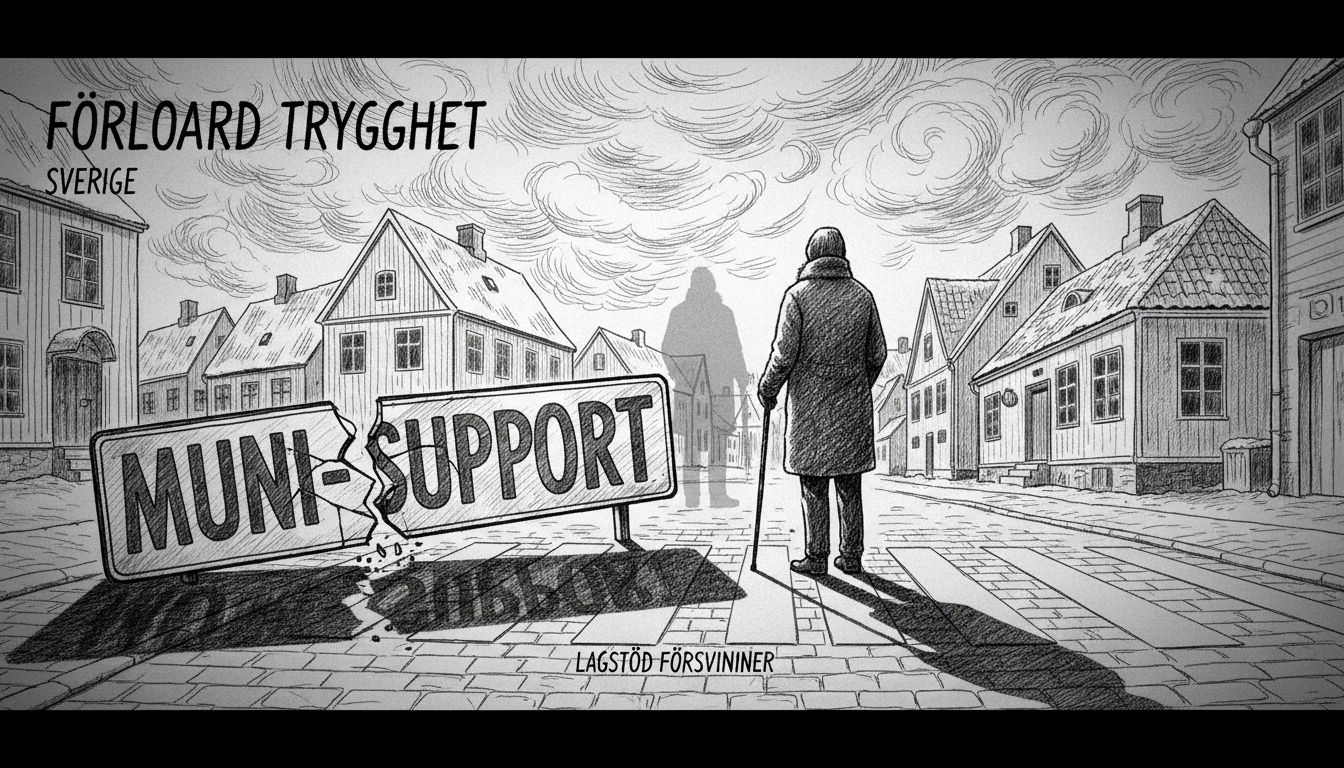Ashraf Abowini navigates his Eskilstuna neighborhood alone. The 33-year-old visually impaired man manages basic errands like grocery shopping. But traveling farther to the gym or meeting friends proves nearly impossible without assistance.
He applied for a support guide through Sweden's LSS law, which provides services for people with disabilities. His application received a rejection. Municipal officials redirected him to home care services instead.
That solution failed dramatically. I had only 45 minutes scheduled, but the helpers stayed even less time, Abowini explained. Different people came each time. I had no consistent contact person, so I terminated the service.
Abowini's experience reflects a national trend affecting Sweden's visually impaired community. Fewer people now qualify for LSS support despite growing needs. The National Board of Health and Welfare confirms this shift in its latest disability support report.
Both the health board and the Swedish Association of the Visually Impaired note concerning developments. Many visually impaired people have effectively been removed from LSS coverage categories. This leaves them dependent on the Social Services Act, which provides less comprehensive support.
Cecilia Jonsson, home care operations manager in Eskilstuna, defended the current system. As a home care service, we implement what the assistance board has decided, she stated. They make decisions based on individual needs and according to legislation.
Jonsson emphasized that dissatisfied residents can file formal complaints. The comment highlights the bureaucratic hurdles facing disabled Swedes seeking essential services.
The situation has gained national attention through organized advocacy. The Swedish Association of the Visually Impaired delivered a petition to the Minister of Social Services. They demand new legislation guaranteeing guide assistance for visually impaired citizens.
Association representatives argue that restrictive legal interpretations create dangerous consequences. More people stand without support, leading to isolation and mental health struggles, their petition states.
Sweden's disability support system traditionally ranked among Europe's most comprehensive. The LSS law specifically aimed to provide full participation and equality for disabled citizens. Current implementation appears to fall short of this vision.
Municipal budget constraints likely influence these decisions. Local governments bear primary responsibility for LSS implementation while facing increasing financial pressures. This creates tension between legal obligations and practical realities.
International observers should note that Sweden's reputation for comprehensive social services faces challenges. The gap between policy ideals and lived experiences widens for vulnerable groups.
For Ashraf Abowini, the implications remain deeply personal. Think about us, he urges policymakers. Give us the right to guide assistance.
His words underscore how administrative decisions directly impact daily life and social inclusion for Sweden's disabled community.

